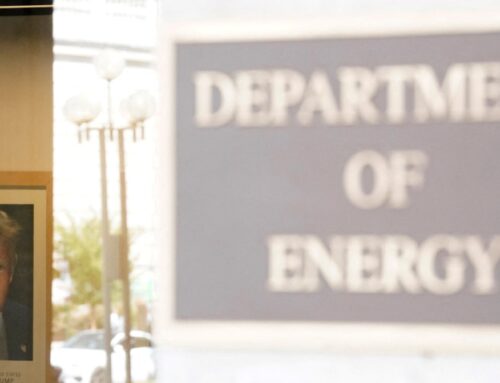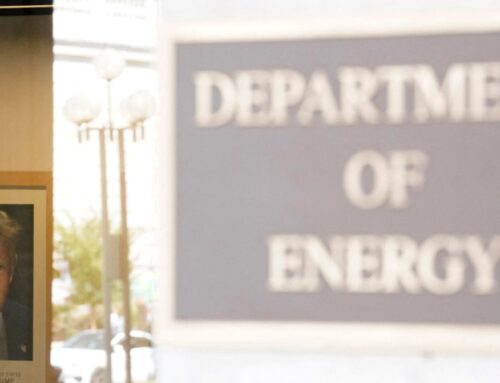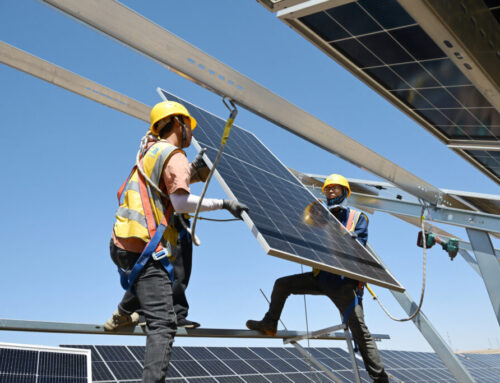Import Approvals Paused as Germany Hits 2025 Medical Cannabis Limit
October 7, 2025
The Federal Institute for Drugs and Medical Devices (BfArM) has announced that Germany’s estimated annual demand for medical cannabis in 2025 has already been reached, leading to a temporary suspension of new import licences.
According to information provided to Krautinvest.de, the country’s registered import quota of 122 tonnes, reported to the International Narcotics Control Board (INCB), was exhausted by September. The BfArM confirmed that, while this does not constitute an outright import ban, new applications may face significant processing delays.
As journalist Moritz Förster noted, imports for medical purposes cannot currently be licensed until the quota is adjusted.
Complex Regulatory Procedure
The BfArM emphasised that demand estimates must be set “restrictively” under international law and that overstating annual requirements can result in reductions by the INCB. The quota system is based on annual estimates submitted by each country under the UN’s narcotics control framework.
In this case, Germany may submit a revised demand estimate within the same calendar year to enable further imports. However, this process can extend approval timelines for import licence applications until the INCB confirms the updated figure.
A BfArM spokesperson told Krautinvest.de that the current situation does not amount to a formal import stop or licence rejections, only delays while the reassessment is under review. The agency did not disclose the size of the additional demand being reported or the status of the INCB approval process.
Further context on this international procedure is provided in a LinkedIn analysis by cannabis policy expert Deepak Anand, who notes that the INCB does not impose fixed global quotas, but requires that submitted figures accurately reflect legitimate domestic demand.
Only Cannabis Flowers Affected
The INCB distinguishes between medical cannabis flowers and extracts, with the reported German estimate referring only to flowers. Extracts are excluded from this quota.
It remains unclear how much cannabis stock is currently held by pharmacies or wholesalers, but the situation could lead to temporary shortages of specific varieties for some patients. Nevertheless, the BfArM said it does not expect widespread supply disruptions, as existing import licences and planned deliveries will proceed as scheduled.
To resume the issuance of new import permits, Germany must formally notify the INCB of its additional needs. Although the INCB does not enforce a global cap on medical cannabis production, any country exceeding its estimate must justify the increase — for example, by clarifying whether some of the imported quantity is destined for re-export.
Additional commentary on the possible patient impact and administrative implications has also been published by Cannabib.de.
Search
RECENT PRESS RELEASES
Rural Baker grain elevator one step closer to transforming into cannabis business
SWI Editorial Staff2025-10-07T15:50:01-07:00October 7, 2025|
River Wye pollution prompts UK’s largest environmental lawsuit
SWI Editorial Staff2025-10-07T15:49:31-07:00October 7, 2025|
Big Ten Considering Investment From California Pension Fund
SWI Editorial Staff2025-10-07T15:49:00-07:00October 7, 2025|
Joby Aviation stock falls after announcing $500 million share offering By Investing.com
SWI Editorial Staff2025-10-07T15:48:46-07:00October 7, 2025|
Newmark acquires RealFoundations to expand investor solutions By Investing.com
SWI Editorial Staff2025-10-07T15:48:30-07:00October 7, 2025|
Stifel initiates coverage of Manhattan Associates stock with Buy rating By Investing.com
SWI Editorial Staff2025-10-07T15:48:12-07:00October 7, 2025|
Related Post






